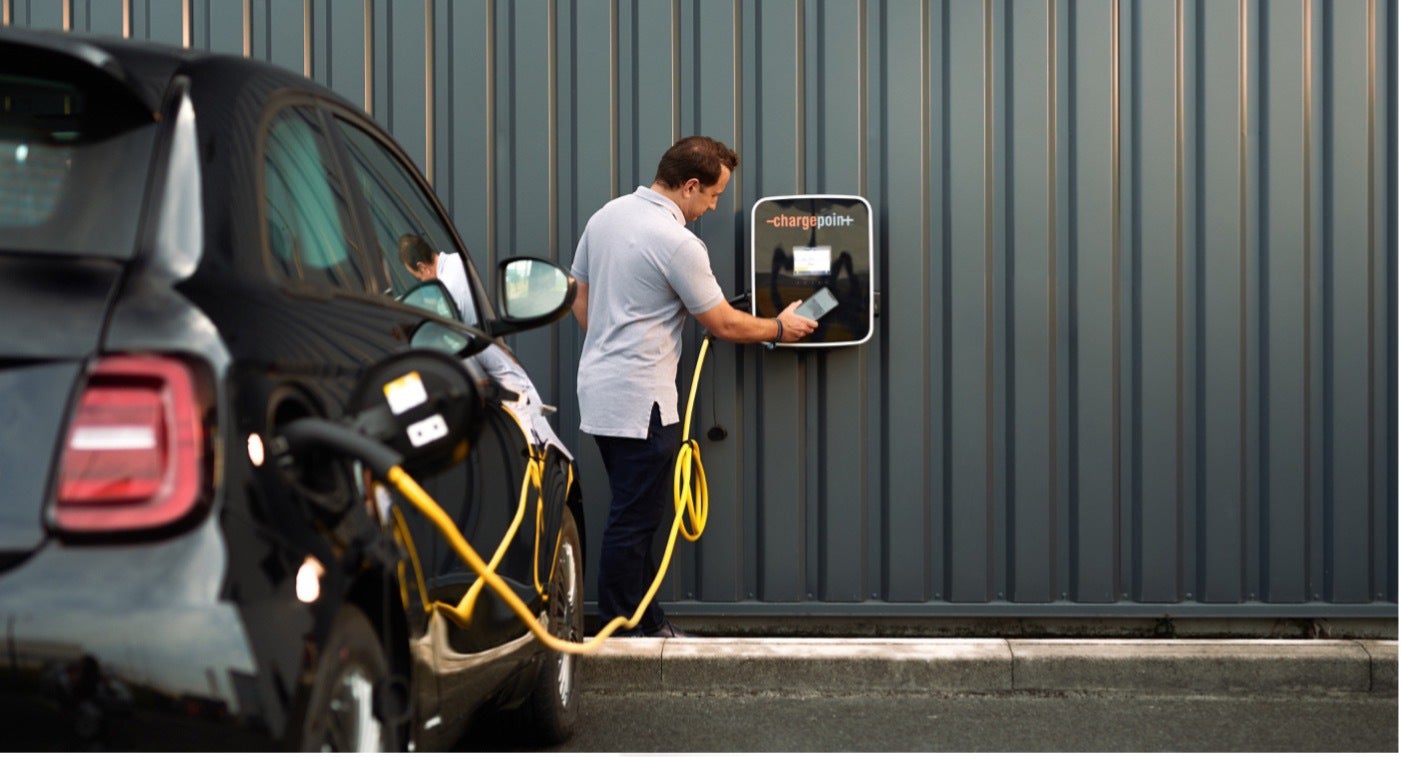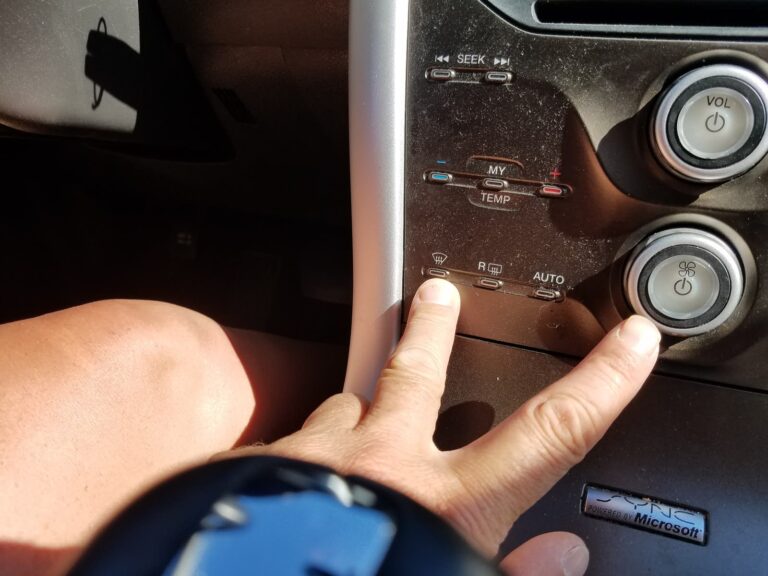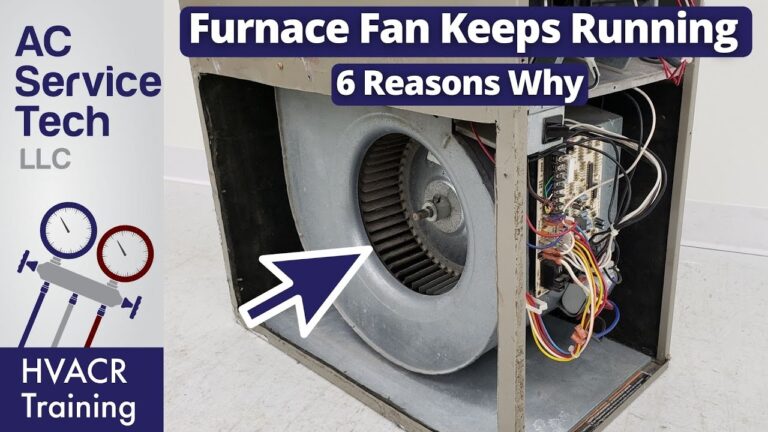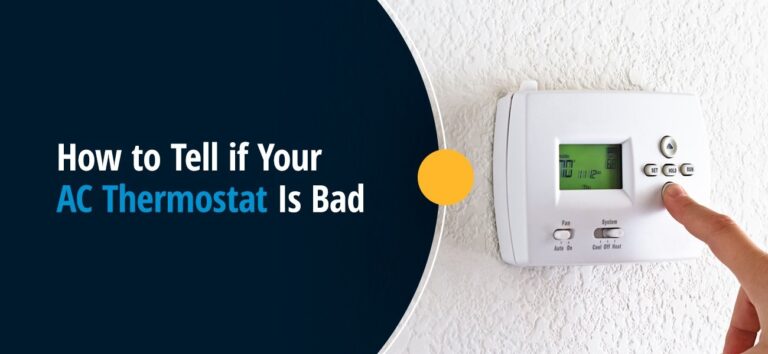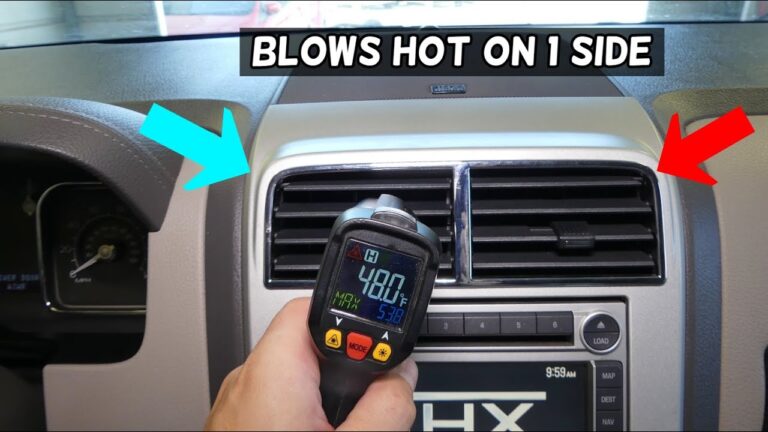Why Does My Ac Get Warm When I Accelerate: Expert Solutions
When accelerating, your AC may get warm due to a bad vacuum check valve or low refrigerant level, which affects the cooling efficiency of the system. Additionally, the AC condenser may not be receiving enough airflow.
It is recommended to check these factors to determine the cause of the issue. (47 words) If you have noticed that your car’s air conditioning (AC) system starts blowing warm air when you accelerate, you may be wondering what could be causing this problem.
It can be frustrating to have your AC suddenly stop cooling your car when you need it the most. We will explore the possible reasons why your AC gets warm when you accelerate and discuss the solutions to resolve this issue. By understanding the underlying causes, you can take the necessary actions to ensure your AC works efficiently and keeps you cool during your drives. (120 words)
The Impact Of Low Refrigerant
When accelerating, if your AC gets warm, it could be due to a low refrigerant level. Low refrigerant affects the cooling efficiency of your AC system, causing it to blow warm air. Consider getting your refrigerant level checked and refilled if necessary.
How Low Refrigerant Affects The Cooling Performance Of The Ac System:
- Reduced refrigerant levels can impact the cooling performance of your AC system, especially when accelerating. Here’s how:
- Low refrigerant levels result in insufficient cooling capacity, causing the AC system to struggle to blow cold air.
- When accelerating, the compressor needs to work harder to maintain the desired cooling temperature, but with low refrigerant levels, it may not be able to achieve optimal cooling.
- Insufficient refrigerant can lead to reduced efficiency and effectiveness of the AC system, resulting in warm air blowing out of the vents when you accelerate.
Consequences Of Reduced Refrigerant Levels During Acceleration:
- When the refrigerant levels are low, it can lead to various problems during acceleration, including:
- Inadequate cooling: Due to low refrigerant levels, the AC system may struggle to cool the air properly, resulting in warm air coming out of the vents when you accelerate.
- Increased strain on the compressor: Low refrigerant levels force the compressor to work harder to cool the air, putting additional strain on the system. This can lead to compressor failure or even damage other components.
- Inefficient cooling cycle: With low refrigerant, the AC system cycle becomes less efficient. It takes longer for the refrigerant to absorb heat from the air, impacting the cooling performance when acceleration demands more cooling power.
- Limited airflow: Reduced refrigerant levels can also restrict airflow, making it harder for the evaporator to absorb heat from the air and cool it effectively. This limitation can result in warm air blowing through the vents when accelerating.
Remember, it’s essential to have your AC system checked regularly and maintain the proper refrigerant levels to ensure optimal cooling performance when accelerating.
1. Compressor Clutch Failure
When you accelerate, your AC may get warm due to compressor clutch failure. This can be caused by a faulty clutch not engaging properly or low refrigerant levels. Another possibility is insufficient airflow to the AC condenser. Make sure to have these issues checked by a professional to keep your AC working efficiently.
Explanation Of The Role Of The Compressor Clutch In Cooling The Ac System
The compressor clutch plays a vital role in the cooling process of your car’s AC system. It is responsible for engaging and disengaging the compressor, which pressurizes and circulates the refrigerant. When the clutch is engaged, it enables the compressor to transfer heat from the inside of your car to the outside, cooling the air that flows into the cabin.
The clutch essentially controls the flow of refrigerant, ensuring that your AC system works efficiently to keep you comfortable on hot days.
How A Malfunctioning Clutch Can Lead To Warm Air During Acceleration
When the compressor clutch malfunctions, it can result in warm air being blown out of your AC vents when you accelerate. Here are a few reasons why this may occur:
- Slipping Clutch: If the clutch is slipping, it may fail to engage the compressor properly, causing a decrease in cooling capacity. As a result, when you accelerate, the AC system cannot keep up with the increased demand for cool air, leading to warmer temperatures inside your car.
- Inadequate Compressor Engagement: Sometimes, the clutch may fail to engage the compressor fully, causing a reduced airflow of refrigerant. This can result in insufficient cooling during acceleration, leading to warm air being blown out of the vents.
- Electrical Issues: Electrical problems, such as a faulty clutch relay or wiring, can also lead to a malfunctioning compressor clutch. This can disrupt the clutch’s ability to engage and disengage properly, causing warm air to be circulated when you accelerate.
Expert Solutions For Diagnosing And Fixing Compressor Clutch Issues
If you suspect that your AC system’s compressor clutch is causing warm air when you accelerate, here are some expert solutions for diagnosing and fixing the issue:
- Visual Inspection: Start by visually inspecting the compressor clutch and its components for any visible signs of damage or wear. Look for frayed or damaged wires, loose connections, or worn-out clutch plates. If you notice any issues, they may need to be repaired or replaced.
- Diagnostic Tools: Use diagnostic tools, such as an AC pressure gauge, to check the levels of refrigerant in your AC system. Low refrigerant levels can indicate a leak or other underlying issues that may be affecting the compressor clutch’s performance.
- Professional Assistance: If you are unsure about diagnosing or fixing compressor clutch issues yourself, it is recommended to seek professional assistance from a certified mechanic. They have the expertise and specialized equipment to accurately diagnose and repair any problems with your car’s AC system.
Remember, maintaining your AC system and addressing any issues promptly can help ensure optimal cooling performance, even during acceleration. Regular maintenance and inspections can help prevent compressor clutch failures and keep your car’s AC running smoothly, keeping you comfortable on the road.
2. Low Refrigerant Level
One possible reason why your AC gets warm when you accelerate is due to a low refrigerant level. When your AC is low on refrigerant, it can’t cool your car efficiently, causing the air to become warm.
Explanation Of How Low Refrigerant Affects Ac Cooling Efficiency:
- When your AC system has a low refrigerant level, it means that there is not enough refrigerant to adequately cool the air that is being blown into your vehicle. This can result in warm or hot air coming out of your AC vents instead of the cool air you desire.
- The refrigerant is responsible for absorbing heat from the air inside your vehicle and releasing it outside. When there is a low refrigerant level, the heat absorption process is compromised, leading to reduced cooling efficiency.
- Low refrigerant levels can be caused by leaks in the system, which allow the refrigerant to escape. Over time, these leaks can accumulate and lead to a significant decrease in the refrigerant level.
- It is important to address low refrigerant levels promptly to ensure optimal cooling performance and prevent further damage to the AC system.
Steps To Check And Recharge The Refrigerant Level In The Ac System:
- Start by locating the service ports on your vehicle’s AC system. These ports are usually located under the hood, near the AC components.
- Use a refrigerant pressure gauge to check the current refrigerant level. Connect the gauge to the service port and compare the reading to the manufacturer’s recommended pressure range for your particular vehicle.
- If the pressure reading is below the recommended range, it indicates a low refrigerant level. In this case, you will need to recharge the AC system.
- To recharge the system, connect the refrigerant canister to the service port. Follow the instructions on the canister carefully, as different types of refrigerant may have specific instructions for use.
- Slowly release the refrigerant into the system while monitoring the pressure gauge. Once the pressure reading reaches the recommended range, stop adding refrigerant.
- It is important to avoid overcharging the AC system, as this can cause damage. If you are unsure about the correct procedure, it is recommended to seek professional assistance.
Importance Of Professional Assistance For Accurate Refrigerant Level Adjustment:
- Adjusting the refrigerant level in your AC system requires knowledge and expertise to ensure accuracy and prevent damage.
- A professional technician has the necessary equipment and training to accurately measure and adjust the refrigerant level in your AC system.
- They can perform a thorough inspection to identify any potential leaks or other issues that may be causing the low refrigerant level.
- Professional assistance ensures that the refrigerant is properly handled and disposed of, in accordance with environmental regulations.
- Attempting to adjust the refrigerant level without proper knowledge and tools can lead to overcharging or undercharging the system, which may result in poor cooling performance or damage to the AC components.
- By seeking professional help, you can have peace of mind knowing that the refrigerant level in your AC system will be adjusted correctly, ensuring optimal cooling efficiency.
3. Inadequate Air Flow To The Ac Condenser
One possible reason your AC gets warm when you accelerate is inadequate air flow to the AC condenser. This can occur if the condenser is not receiving enough air, causing the air conditioning system to struggle to cool the car efficiently.
Importance Of Proper Airflow For Efficient Cooling:
- Proper airflow is crucial for efficient cooling in an AC system.
- Adequate air flow allows the AC condenser to dissipate heat effectively, keeping the refrigerant cool and maintaining consistent cooling performance.
- Insufficient airflow can lead to reduced cooling efficiency, resulting in warm air blowing out of the AC vents when accelerating.
Common Causes Of Reduced Air Flow To The Ac Condenser:
- Clogged or dirty air filters: Accumulated dirt and debris on the air filters can impede the flow of air to the AC condenser, reducing cooling efficiency. Regular filter cleaning or replacement is essential.
- Blocked condenser fins: The condenser fins can get clogged with dirt, leaves, or other debris, hindering the airflow. Periodically cleaning the condenser fins can help maintain proper air flow.
- Malfunctioning fans: If the fans responsible for drawing air into the AC condenser are not working correctly, it can result in reduced air flow and inadequate cooling. Troubleshooting or replacing faulty fans is necessary.
- Damaged or leaking ducts: Holes or leaks in the ductwork can cause air leakage, decreasing the amount of air reaching the AC condenser. Inspecting and repairing ductwork can improve air flow.
Expert Solutions For Improving Air Flow And Preventing Warm Air During Acceleration:
- Regular maintenance: Conducting routine maintenance, including cleaning or replacing air filters, checking and cleaning condenser fins, and inspecting fan functionality, can ensure proper air flow and prevent warm air issues during acceleration.
- Clearing debris: Regularly inspect the area around the AC condenser and remove any dirt, leaves, or debris that may obstruct air flow.
- Professional inspection: If the AC continues to blow warm air during acceleration despite performing basic maintenance, it is advisable to consult a professional technician who can identify and address any underlying issues with the system.
- Upgrading the system: In some cases, upgrading to a more efficient AC system with improved airflow capabilities may be necessary, especially if the existing system is outdated or unable to provide adequate cooling.
Remember, proper airflow to the AC condenser is vital for efficient cooling. Regular maintenance, clearing debris, and seeking professional assistance when necessary can help prevent warm air issues during acceleration and keep your AC system running smoothly.
Regular Maintenance Tips
If your AC gets warm when you accelerate, it could be due to a bad vacuum check valve under the hood or a low refrigerant level. Another possibility is that the AC condenser is not receiving enough air flow. It’s best to have a professional inspect and diagnose the issue to ensure proper cooling.
Why Does My Ac Get Warm When I Accelerate –
Importance Of Regular Maintenance To Avoid Ac Issues:
Regular maintenance of your AC unit is crucial for keeping it in optimal condition and ensuring it operates efficiently. By neglecting regular maintenance, you risk encountering issues that can lead to your AC getting warm when you accelerate. Here are some reasons why regular maintenance is important:
- Prevents accumulation of dust and debris: Over time, dust and debris can accumulate in your AC unit, obstructing the airflow and reducing its cooling efficiency. Regular maintenance includes cleaning the filters and coils, removing any build-up that can impact its performance.
- Detects refrigerant leaks: One of the common reasons why your AC may get warm when accelerating is a refrigerant leak. Regular maintenance involves checking the refrigerant levels and detecting any leaks. By addressing this issue promptly, you can ensure that your AC cools effectively even during acceleration.
- Identifies and fixes electrical issues: Electrical components in your AC can wear out or malfunction over time. Regular maintenance allows for inspection and identification of any faulty wiring or electrical connections. By addressing these issues, you can prevent your AC from overheating and provide optimal cooling performance.
Recommended Maintenance Tasks For Optimal Ac Performance:
To maintain the performance of your AC and avoid warm air during acceleration, here are some recommended maintenance tasks you should consider:
- Regular filter cleaning/replacement: Dirty filters can restrict airflow and reduce cooling efficiency. Clean or replace your filters monthly to ensure unrestricted airflow.
- Coil cleaning: Dust and dirt can accumulate on the evaporator and condenser coils, reducing their ability to cool the air efficiently. Regularly clean these coils to remove any build-up.
- Inspect and clean the condensate drain: A clogged condensate drain can lead to water leaks and humidity issues. Inspect and clean the condensate drain regularly to prevent blockages.
- Check and maintain proper refrigerant levels: Low refrigerant levels can impact your AC’s cooling capacity. Regularly check the refrigerant levels and top up if necessary.
- Inspect and tighten electrical connections: Loose or faulty electrical connections can cause your AC to malfunction. Regularly inspect and tighten all electrical connections to ensure proper functioning.
Tips On Finding A Reliable Ac Service Technician For Maintenance:
To ensure your AC receives proper maintenance, it’s essential to find a reliable and experienced AC service technician. Here are some tips to help you find the right technician:
- Check for licenses and certifications: Look for technicians who hold valid licenses and certifications to ensure they have the necessary skills and knowledge to handle AC maintenance.
- Ask for references and reviews: Request references from friends, family, or neighbors who have recently had their AC units serviced. Additionally, check online reviews and ratings to gauge the technicians’ reputation.
- Inquire about experience: Inquire about the technician’s experience in AC maintenance specifically. An experienced technician will have a better understanding of common AC issues and how to address them effectively.
- Compare pricing and warranties: Obtain quotes from multiple AC service technicians and compare their pricing. Additionally, inquire about any warranties or guarantees they offer on their services.
- Look for prompt and reliable customer service: Choose a technician who provides excellent customer service, responds promptly to inquiries, and ensures customer satisfaction.
By following these tips, you can find a reliable AC service technician who will help you maintain your AC unit and avoid issues like warm air during acceleration.
Remember, regular maintenance is key to ensuring the optimal performance of your AC and avoiding any unwanted heating when you accelerate.

Credit: www.amazon.com
Frequently Asked Questions For Why Does My Ac Get Warm When I Accelerate
Why Does My Ac Stop Blowing Cold When Accelerating?
Your AC may stop blowing cold when accelerating due to a faulty vacuum check valve. This causes loss of vacuum in the AC door system, resulting in default airflow to the windshield. Check the valve located under the passenger side of the hood.
Why Does My Car Ac Get Hot When Accelerating?
When accelerating, your car AC may get hot due to a faulty compressor clutch, low refrigerant level, or inadequate air flow to the AC condenser.
Why Does My Ac Compressor Stop Cooling When Speeding High Rpm?
When your AC compressor stops cooling at high RPM, it could be due to a bad vacuum check valve causing the AC door system to lose vacuum and default to the windshield. Another reason could be low refrigerant levels or insufficient air flow to the AC condenser.
Why Does My Ac Slow Down When I Accelerate?
When you accelerate, your AC may slow down due to a bad vacuum check valve or low refrigerant level.
Conclusion
To troubleshoot why your AC gets warm when you accelerate, several factors could be at play. Firstly, a bad vacuum check valve under the hood may cause the AC door system to lose vacuum, resulting in the default setting to the windshield during hard acceleration.
Secondly, the compressor clutch may not be engaging properly or the refrigerant level could be low. Lastly, inadequate airflow to the AC condenser could be a reason. Overall, any of these issues could lead to your AC blowing warm air when you accelerate.
To resolve these problems, it is advisable to consult a professional mechanic who can diagnose and fix the specific issue with your AC system. Regular maintenance and inspections can also help prevent these problems from occurring in the first place.
By addressing these issues, you can ensure your AC works efficiently and provides cool air regardless of your driving conditions.

